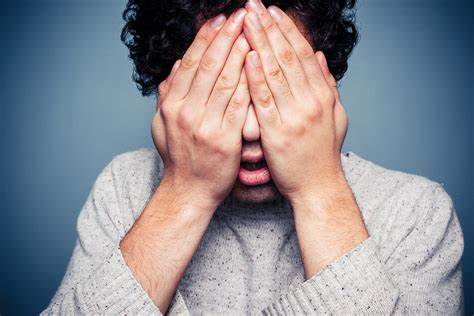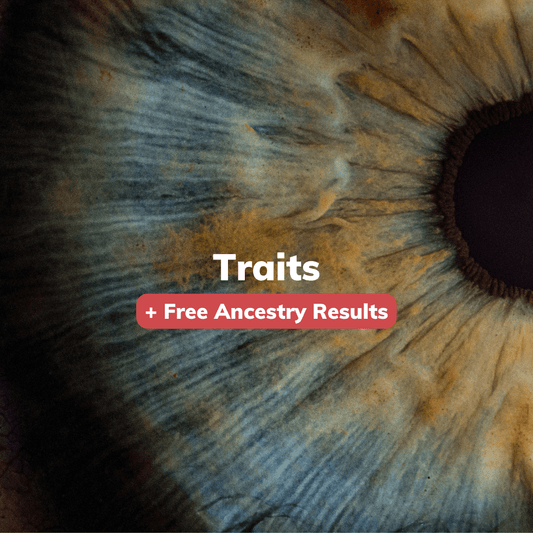
Why We Worry Post-Embarrassment: Psychology Explained
BioCertica Content TeamWe've all been there—those cringe-worthy moments when we wish the earth would swallow us whole. Whether it's tripping in front of a crowd or saying something awkward, embarrassment is a universal experience. But why do some of us worry long after the embarrassing moment has passed? This article delves into the psychology of embarrassment, its impact on mental health, and offers practical strategies for overcoming the worry and self-consciousness that often follow.
Understanding the Psychology of Embarrassment
Why Does Embarrassment Occur?
Embarrassment serves as a social regulator, signaling a deviation from social norms or expectations. It's your brain's way of saying, "Oops, you've stepped out of line."
Physiological and Emotional Responses
When you feel embarrassment, your heart rate may increase, and your face might turn red. These physiological changes are accompanied by emotional responses like shame or humiliation.
Role of Social Norms
Social norms and expectations play a significant role in triggering embarrassment. When we deviate from what is considered "normal" in a social situation, it can lead to an embarrassing situation and subsequent worry.
The Aftermath of Embarrassment
Tendency to Worry
After an embarrassing moment, it's common to ruminate on the event, replaying it over and over in your mind. This worry can be detrimental to your mental well-being.
Impact on Mental Health
Constant worrying after an embarrassing event can lead to anxiety disorders and other mental health challenges. It can also perpetuate a cycle of self-consciousness that's hard to break.
Self-Consciousness
The worry that follows an embarrassing moment can make you more self-conscious, affecting how you behave in new social interactions. This heightened self-awareness can be debilitating.
The Connection Between Embarrassment and Mental Health
Chronic Embarrassment
If you find that you frequently feel embarrassement and it's affecting your mental health, it may be a sign of a chronic mental health condition like social anxiety disorder.
Seeking Professional Help
When embarrassment and the ensuing worry become overwhelming, it might be helpful to seek professional advice. A tailored treatment plan can provide you with the coping mechanisms you need.
Genetic background
Finding joy, so to speak, from embarrassing yourself versus worrying about an embarrassment for long after it happened is something that is genetically determined, at least in part. In other words, your genes are to thank for your comedic abilities or to blame for struggling to cope with embarrassment.
In a large population study, researchers asked hundreds of thousands whether they tend to worry for too long after an embarrassing experience. Their answers could be linked to many common genetic variations.
If you struggle to cope or worry after you have been embarrassed, it could be because you are naturally self-conscious or feel like a failure. The good news is that although our genes greatly dictate who we are, we don’t have to be victims of them. You can start taking back control by just being aware of what comes naturally to you.
Overcoming Worry and Moving Forward
Managing Post-Embarrassment Worry
One effective strategy for overcoming worry is cognitive behavioral therapy, which helps you understand the thought patterns that lead to your anxiety.
Self-Compassion
Being kind to yourself is crucial. Reframe the embarrassing moment as a simple mistake—something that happens to everyone.
Building Self-Confidence
Challenge your self-judgment and work on building your self-confidence. Positive affirmations and deep breathing exercises can be helpful.
Conclusion
Embarrassment is a complex emotion with both social and psychological implications. While it's natural to worry after an embarrassing event, understanding why you feel the way you do can help you cope better. Remember, you're not alone, and it's okay to seek help.
If you liked this article and you are interested to know your genetic predisposition to worry after embarrasment, then you should try out our DNA Mindfulness kit.
References:
Social anxiety disorder (social phobia) - Symptoms and causes - Mayo Clinic


